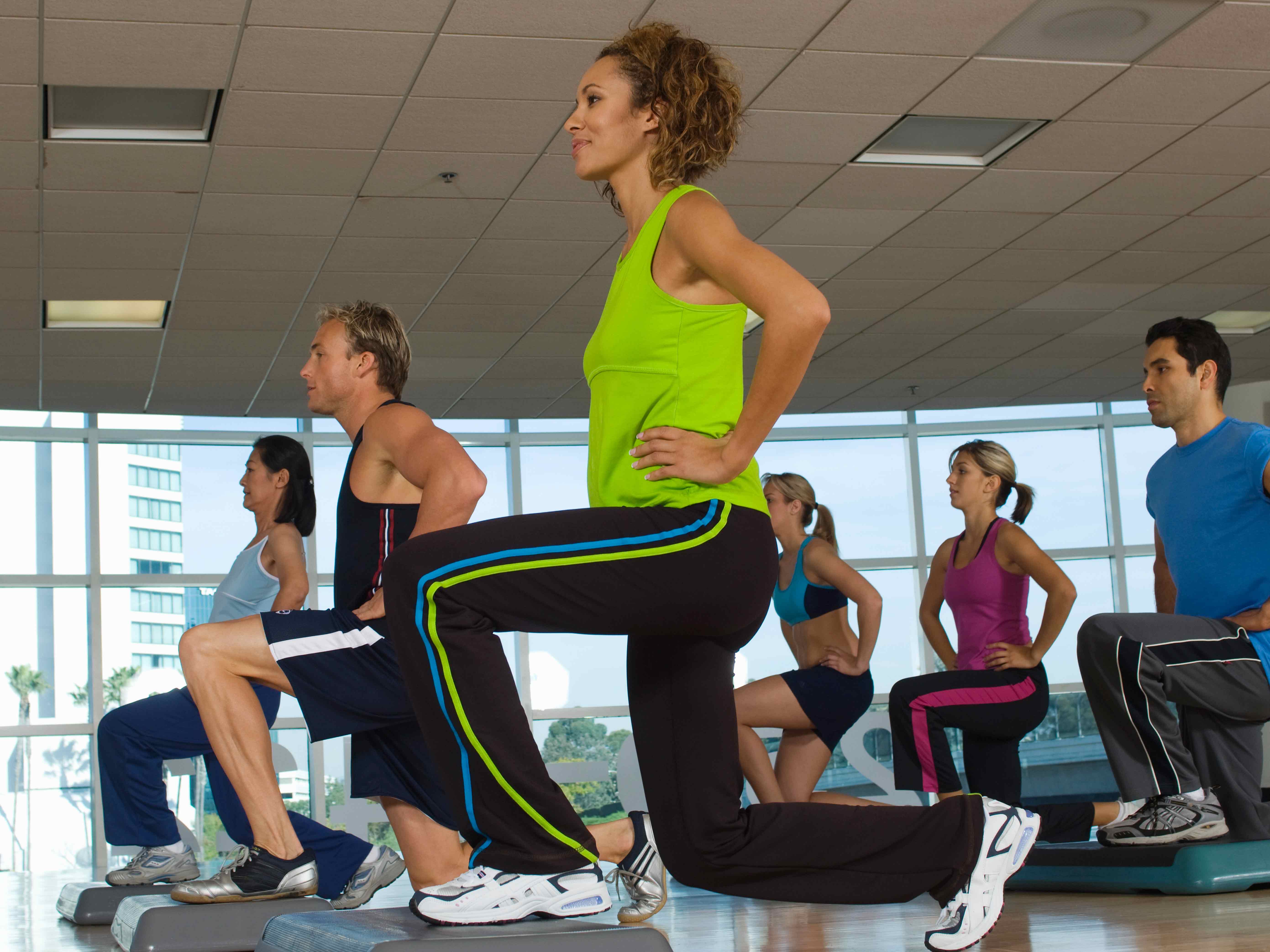Get Easy Health Digest™ in your inbox and don’t miss a thing when you subscribe today. Plus, get the free bonus report, Mother Nature’s Tips, Tricks and Remedies for Cholesterol, Blood Pressure & Blood Sugar as my way of saying welcome to the community!
Right exercise ages this muscle in reverse

Engaging in regular physical exercise isn’t just important for helping ward off heart disease, depression, stroke and diabetes, or for keeping your body flexible, toned and strong. It also has a similar effect on your brain. In fact, there’s a lot of evidence that exercise actually makes your brain younger.
That’s because new research indicates your brain is like a muscle when it comes to exercise. Although it’s unlikely you’ll be transported back to your twenties, aerobic exercise could be your passport to having a brain that works like it did in your younger days, at least when it comes to high-level thinking skills such as decision-making, problem-solving, and attention.
As we age, our flexibility, range of motion, and overall mobility decline. Numerous studies have found this to be true of brain power as well, including the two I’ll share shortly.
But their deterioration can be effectively mitigated by regular aerobic activity. Any exercise that stimulates the heart rate and breathing rate to increase in a way that can be sustained throughout the exercise period is considered aerobic. That could include walking, cycling, jogging, stair climbers, ellipticals and even ski machines.
The first study is the most recent, in which neuroscientists explored the brain activity in older men. They were drawn to conduct this research because of earlier studies in which experts had found significant differences in brain activation between younger and older adults. Specifically, they observed differences during high-level thinking tasks, which are centered and activated in the brain’s prefrontal cortex.
In younger people, brain scans showed that performing such mental tasks caused the brain’s prefrontal cortex to light up nearly exclusively in either the left or right side. In older adults, however, the brain needs to work much harder, demonstrated by both sides of the prefrontal cortex lighting up. Experts call this activity HAROLD: Hemispheric Asymmetry Reduction in Older Adults.
Could aerobic exercise have a positive effect on HAROLD–the prefrontal cortex and thus high-level thinking? A team under direction of Hideaki Soya, a professor of exercise and neuroendocrinology at the University of Tsukuba in Japan, decided to find out. They recruited 60 men ages 64 to 75 who had no signs of cognitive decline.
After testing each man’s level of aerobic fitness, the participants completed complex mental tasks that involved attention and decision-making skills while their brain activity was monitored. The most aerobically fit of the men showed brain activity similar to that of younger adults; that is, they needed only the left side of the prefrontal cortex. These men also were quicker and more accurate when completing the mental tasks than the men who were less aerobically fit. Men in this latter category showed activity on both sides of the brain and also did not perform as well during testing.
Although this study doesn’t prove that aerobic fitness changed the men’s ability to think and make decisions, Dr. Soya noted it did suggest that “higher aerobic fitness is associated with improved cognitive function.” The study also did not explore the impact of other types of exercise, such as resistance training.
The second study was done at the University of British Columbia and reported in 2014. A team of experts found that in older women with probable mild cognitive impairment, participation in regular aerobic exercise enhanced the size of the hippocampus, which is the area of the brain involved in learning and verbal memory. Muscle toning, balance, and resistance training exercise did not yield the same results.
Aerobic exercise, either in its traditional form such as walking, jogging, and swimming, or as high-intensity interval training (HIIT), should be a part of your regular physical fitness routine. Exercise not only enhances your physical health; it can make your brain younger.
Read more about HIIT training and other programs to keep your brain younger in my book “Your New Prime, 30 Days to Better Sex, Eternal Strength, and a Kick-Ass Life After 40”.












